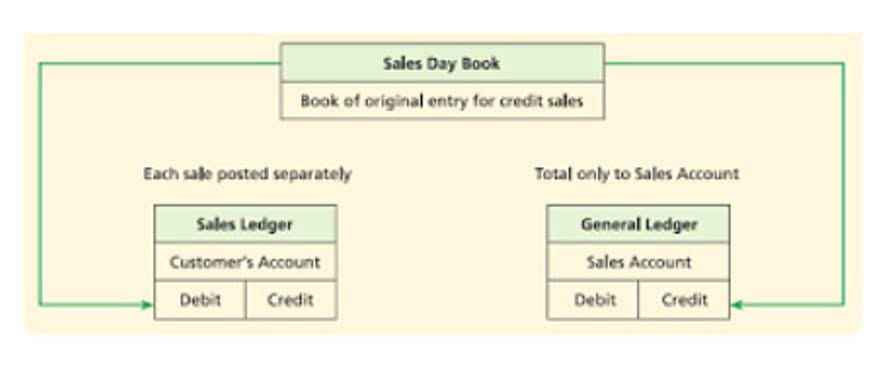Content

Regardless, it is important to generate periodic reports of your business accounts to understand the lifecycle of funds at your company. Conducting a monthly review of your accounts helps you understand how up-to-date your accounting is and whether it tallies with the bank. When organising the real estate accounting system at your firm, inculcate these best practices from the get-go to establish a process that is streamlined and efficient. The real estate industry deals with a high volume of paperwork, and it is important to keep all of it organised for efficient, accurate accounting.
What is the journal entry for property?
Property Account
Write “Property” in the account column on the first line of a journal entry in your accounting journal. Write the total cost in the debit column. A debit increases the property account, which is an asset account.
Whether your real estate business is small scale or spans globally, it is important to keep track of the actions and processes happening at your firm so that your business can grow. In essence, the opening and closing balances in your Bookkeeping Services Examples system should reflect the same numbers as the opening/closing balances in your bank. This will also help you identify the errors or missing transactions in your accounting system.
The 5 Accounting Elements
While managing your company’s https://accounting-services.net/accounting-services-and-bookkeeping-services/ yourself to cut down on costs might sound tempting, it can be a hectic and risky job. The best way of outsourcing this task is by hiring an offshore accounting agency. Understanding the differences between cash and accrual accounting is important to ensure that the best option is chosen for your business. Accrual accounting allows for a more accurate financial assessment since it records expenses when they are due rather than when they are paid. The secondary objectives of real estate accounting are to ensure you maximize your end-of-year deductions so you don’t end up overpaying your taxes while remaining audit-proof.
You might have sub-accounts for some categories, including rental income and late fees for your revenue category. You can always customize the accounts depending on the investor and the property type. Consider opening a business checking account to ensure the accounts are not mixed. Keeping your business funds in one place makes it easier to review finances and ensure you are not accidentally spending business money for personal gain. Real estate agents always have the chance of being audited, even though it does not happen often. An accounting system will automatically make a paper trail for all your expenses and income, so it can make IRS requests much more manageable.
Real estate accounting
For example, if you own a real estate brokerage, the income of your staff would be accounted as an expense (if your staff is on salary, the expense might also be accounted as a liability). Nowadays, the term “bookkeeping” refers only to the accounting practice—you don’t actually have to keep transaction records in printed business ledgers. Books, books, books, and filing cabinets; it’s worked for centuries, and it still does today. It’s easy to think of accounting as a backroom chore, a tedious task that only serves to protect you from the IRS.
- A chart of accounts is a tool that places all the accounts of your real estate business’s general ledger in one place and records transaction details like income and expenses.
- If all of the information about real estate accounting processes overwhelms you, don’t despair!
- Large real estate agencies, for example, need different features and capabilities than solopreneur agents.
- Because there isn’t a delay between the service and payment, the cash-based model works.
- Under the accrual method of accounting, income is generally reported in the tax year it is earned, regardless of when the payment is received.
- It is an important part of any real estate agent or broker’s strategy as it helps keep accurate records of income and expenses and ensures legal compliance with relevant tax laws.